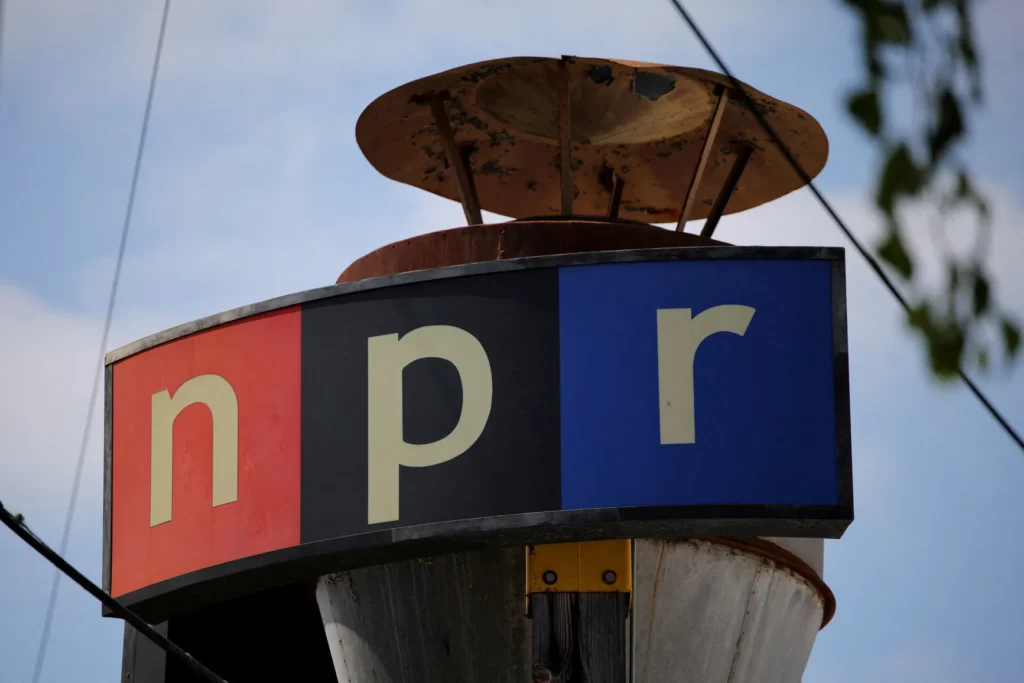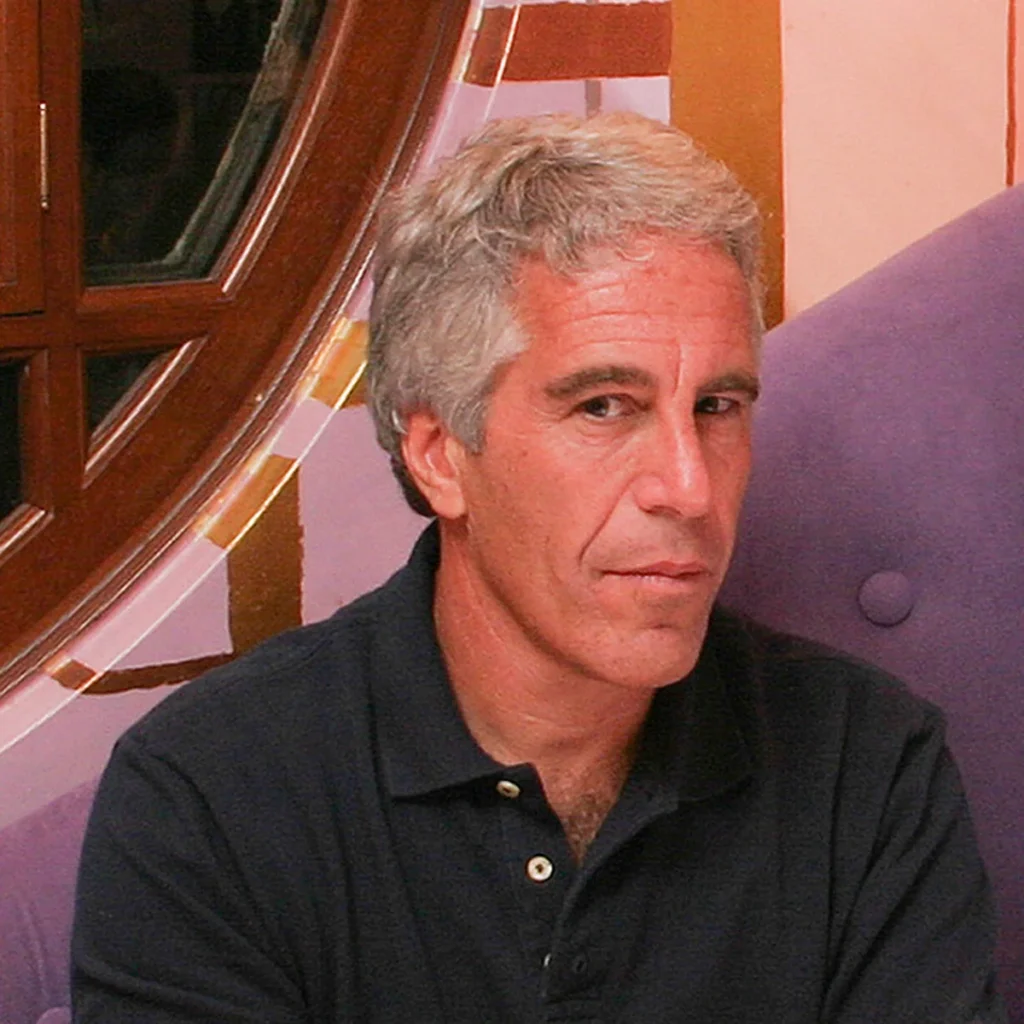When former President Donald Trump floated the idea of cutting federal funding to public broadcasters like PBS and NPR, the announcement sparked outrage among journalists, educators, and everyday Americans. But what if the real storm is still brewing—not from the media, but from an unexpected set of documents?
The Jeffrey Epstein files, a series of court records, flight logs, and testimonies related to the late financier’s criminal activities, are slowly being released to the public. And they may have far-reaching consequences beyond the justice system—including potentially derailing Trump’s plans to defund public media.
In this article, we explore how the Jeffrey Epstein files are connected to Trump, why PBS and NPR matter more than ever, and how renewed public scrutiny may force a political reckoning.
The Jeffrey Epstein Files: What’s Inside?
The Jeffrey Epstein files refer to thousands of pages of legal documents, witness testimonies, and evidence related to Epstein’s alleged sex trafficking network, which involved many powerful figures in business, politics, and entertainment.
As more of these files become public:
- New names are being linked to Epstein.
- Details of interactions, favors, and possible cover-ups are surfacing.
- Connections between Epstein and political figures—including Trump—are drawing renewed attention.
One of the most explosive aspects of these files is the list of individuals who flew on Epstein’s private jet, often referred to as the “Lolita Express.” Trump’s name has appeared in previous records, and new documents could shed more light on the extent of their relationship.
Trump and Epstein: A Complicated History
Trump and Epstein were acquaintances long before Epstein’s arrest. The two were often photographed together in the late 1990s and early 2000s. In 2002, Trump even praised Epstein in a New York magazine interview, saying:
“I’ve known Jeff for fifteen years. Terrific guy. He’s a lot of fun to be with. It is even said that he likes beautiful women as much as I do, and many of them are on the younger side.”
Though Trump later distanced himself from Epstein and claimed he had a falling out, questions about the depth of their relationship persist.
The newly released Jeffrey Epstein files could reignite those questions—and if the documents reveal deeper or more damning connections, it could cause a political backlash just as Trump is reintroducing controversial policies, such as slashing public broadcasting funds.
Trump’s Plan to Cut PBS and NPR Funding

Trump has long criticized what he calls “liberal media bias,” and public broadcasters like PBS (Public Broadcasting Service) and NPR (National Public Radio) have been frequent targets.
In 2020 and again in 2024 campaign speeches, Trump pledged to:
- Eliminate federal funding for the Corporation for Public Broadcasting (CPB), which supports PBS and NPR.
- Redirect the funds to “more patriotic education initiatives.”
- Label publicly funded media as biased against conservative viewpoints.
This strategy resonates with a certain segment of his political base, but it’s also highly controversial. PBS and NPR are seen as vital educational and cultural resources, especially in rural communities that lack other reliable news or educational programming.
If Trump pushes ahead with these cuts, it could become a major policy battle. And if the Jeffrey Epstein files continue to link him to one of the biggest scandals of our time, his ability to push through such changes could be severely weakened.
Public Media’s Role in Accountability
Public broadcasters like PBS and NPR have a long history of investigative journalism, in-depth reporting, and serving as a check on political power. Shows like Frontline, PBS NewsHour, and NPR’s All Things Considered have uncovered corruption, highlighted social issues, and informed millions of Americans.
Here’s why their role is so crucial:
- Unbiased Information: Public broadcasters are less influenced by corporate sponsors or partisan donors.
- Investigative Depth: They tackle complex issues that commercial outlets often ignore.
- Public Trust: Surveys consistently show that Americans trust PBS and NPR more than many private networks.
If the Jeffrey Epstein files contain more high-profile revelations, including those involving Trump or his allies, public broadcasters will be among the few platforms willing—and resourced—to cover it in depth.
That makes them a natural target for those who want to control the narrative.
The Political Optics: Timing Is Everything
The release of new Jeffrey Epstein files comes at a sensitive moment. Trump is actively campaigning, and policy proposals like the public media funding cuts are becoming central to his platform.
However, if:
- Major revelations link Trump to Epstein’s activities,
- Public outrage grows over attempts to silence investigative media,
- And PBS/NPR begin to cover these stories more aggressively,
Then Trump’s attempt to defund public media could look like a calculated effort to suppress accountability—especially when viewed through the lens of recent scandals.
Will Republicans Support the Cuts Amid the Epstein Scandal?

Trump may be the face of the funding cuts, but he still needs Republican lawmakers to back the proposal in Congress. That support could waver if the Epstein files continue to dominate headlines.
Republican representatives may begin to weigh:
- The political risk of appearing to suppress independent journalism.
- The optics of defending a leader potentially implicated in Epstein-related documents.
- The backlash from constituents who rely on PBS and NPR, especially in rural states.
Even GOP members who typically support Trump may think twice if they feel that defunding public media during an unfolding scandal is politically toxic.
Social Media and Public Pressure
Another element working against Trump’s proposal is the sheer power of public opinion on social media. As new details from the Jeffrey Epstein files surface, platforms like X (formerly Twitter), TikTok, and Reddit are amplifying every piece of information.
Millions of users are:
- Sharing flight logs and photos.
- Creating timelines of interactions.
- Demanding full transparency from public officials.
This viral scrutiny makes it harder for politicians to quietly dismantle public services without drawing backlash.
PBS, NPR, and the Fight for Press Freedom
At its core, this issue is about more than just budget cuts or political rivalry—it’s about press freedom. If the Jeffrey Epstein files are as revealing as many expect, they will only strengthen the argument that an independent, publicly funded media is essential in a democratic society.
Defunding PBS and NPR at a time when journalism is needed most would send a chilling message: that those in power want to silence the truth, not face it.
Final Thoughts: A Potential Turning Point
The Jeffrey Epstein files have already shaken elite circles. As more documents are unsealed, the ripples could grow into waves—crashing against political campaigns, media policies, and public trust.
For Trump, trying to cut funding to PBS and NPR might have seemed like a political win. But in the context of these emerging revelations, it’s beginning to look more like an act of desperation.
One thing is clear: the intersection of the Epstein scandal and Trump’s war on public media could become a defining issue in the months to come.
Read Next – Trump Officials Tour Alcatraz as President Keeps Pushing to Reopen ‘The Rock’






